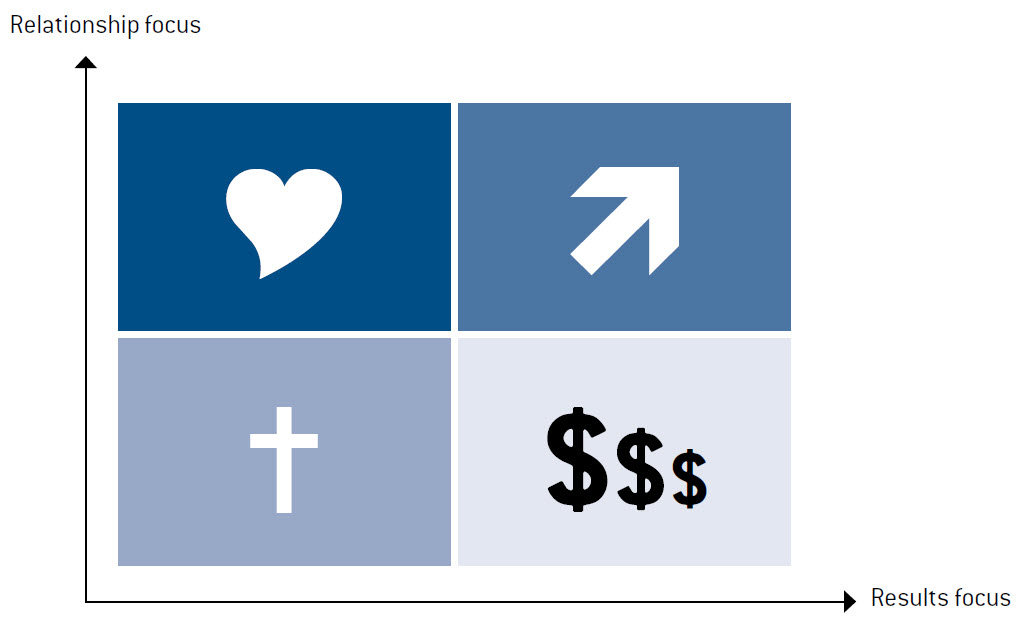Negotiations are usually a tactical game with a range of options for action – from the start of the negotiation until the signature is set. There is a natural flow in most negotiations, yet it is often unpredictable how a negotiation progresses and ends. Negotiations are situational and therefore we must be able to juggle a number of negotiating tactical grips to achieve an attractive outcome.
The well-prepared is the best performing
The planning of the debate is essential for the success of the debate. On the one hand, that the strategic considerations have been taken in relation to the overall business plan and the plans for the area in question, and on the other hand, that the individual steps of the course have been planned in an appropriate and proactive manner.
The preparation is about being ready when you meet the other party for the debate. If it is an existing partner, it means that you have a full and detailed data base as a starting point for the discussions, where you have made your analyses and have a conclusion to the cooperation and the many data you often have access to.
And so that the tactics that you want to use in the specific negotiating situation have been prepared, where a structured preparation plan gives a good overview of the parameters that are at stake in the actual debate.
Quid pro quo
Negotiations are giving and taking. Therefore, the skilled dealer has a number of tactical levers that promote the result:
- What parameters should be included in the debate?
- Define Zone Of Possible Agreement, also knownas ZOPA
- Anticipate the main parameters of the counterparty
- Identify common interests
- Who's going to make the first bid?
- The order of negotiating topics
- Own concessions
- Parking of areas of trouble
- The little extra win at last
- And much more...
Personality and behaviour are of great importance
Once the debate is under way, it is important to keep the focus on the matter. There may be feelings at play on both sides of the table, but involving emotional issues rarely promotes the overall outcome.
Nevertheless, it often turns out that personality and behavior play a crucial role. Many negotiators tend to choose tactics based on their own personality, more than based on what is right, to achieve the result you want. Awareness of your own natural negotiating profile is therefore important if you are to be able to make professional decisions about the tactics.
Next step is about your counterpart and their psychological profiles. By being aware of this, a number of negotiating tactical advantages will be achieved. If the counterpart shows up for the negotiation with several people, then the dealer's toolbox in this field will also be of invaluable importance.
Results or relationships?
A classic negotiating dilemma is that as a negotiator you have to be able to navigate - whether to prioritise relations with the other party, or whether to prioritise the outcome of the debate.

The best approach to both achieving a satisfactory negotiating outcome and still maintaining good relations is often not a question of being a soft or hard negotiator. Instead, it's about staying focused on the issue.
Brandculture has helped many types of organizations develop their competencies for negotiations. This applies, for example, to wholesalers, industrial and service companies and to retailers. The solution is always tailored so that tools and facilitation fit the company's situation and industry. This will create the greatest improvement in results.
If you want to read more about the negotiating strategy please click here and about Annual Negotiations, see here
